The battle against single-use plastic is nothing new – we all know recycling is good and throwing things into landfill is bad. Problem solved, right? Unfortunately not.
Consumed (Bonnier Books, £22) takes the waste-related stats and facts we’ve all heard before – our food is full of microplastics, a bin lorry’s worth of plastic is dumped in the sea each day, only 9% of plastic waste is recycled – and somehow makes them more shocking.
It wouldn’t be fair to call it bleak, but Saabira Chaudhuri’s debut book is not exactly a light beach read.
It tells a compelling story though, with clear goodies and baddies (McDonald’s, Coca-Cola, Unilever, P&G) jostling for position as the wide-reaching effects of plastic on climate, biodiversity and health are outlined.
Chaudhuri begins in the 1950s, when single-use plastic first began to take hold. Ad campaigns sold the benefits of ‘convenience’, with housewives – tired of the ‘make do and mend’ attitude of the war – happy to believe that using disposable plastics could “free them from drudgery”.
With chapters dedicated to McDonald’s plastic burger boxes (McToxic), disposable nappies (Talking Shit) and the eventual backlash (The Last Straw), the focus never strays far from our love-hate relationship with plastic.
In examining how it has taken over our lives, Consumed also investigates what can be done. Until there is a significant shift in our throwaway culture, it is a must-read for anyone looking to understand the true cost of plastic.







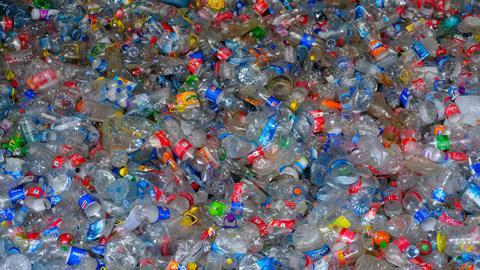
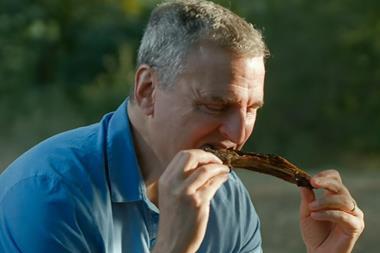
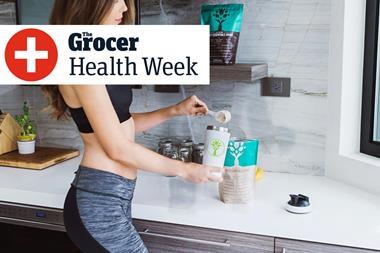
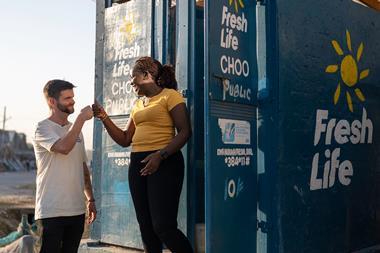
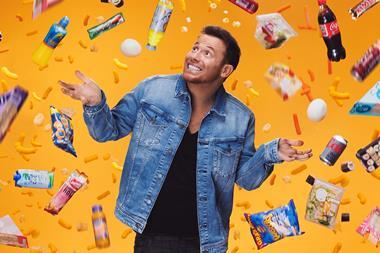
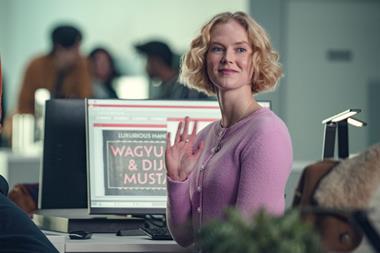







No comments yet